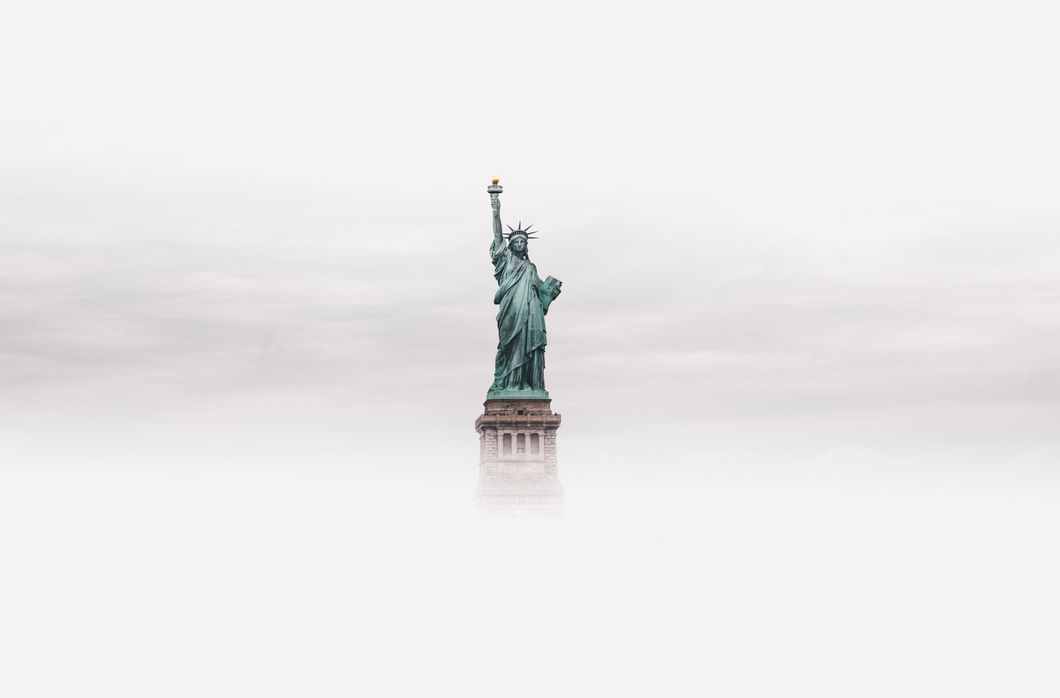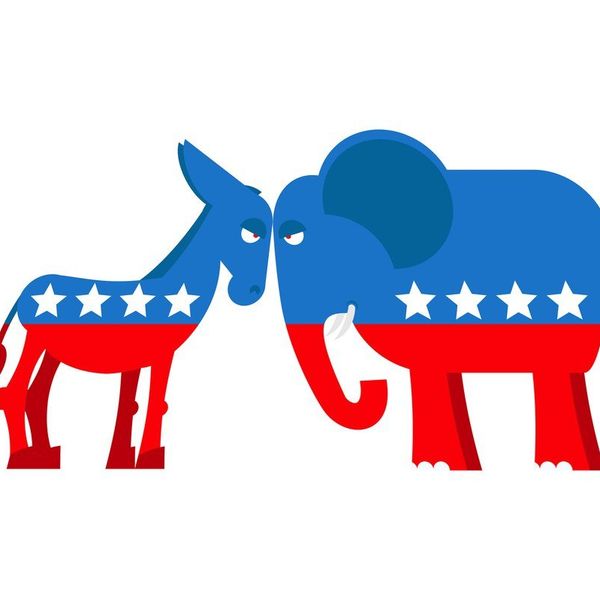The term "abortion" can make a conversation go south real quick, however, it is a topic worth discussing because it is becoming more and more common and needed each day. When I say the term "abortion", I am not talking about killing babies. I am talking about evicting a ball of cells from a woman's uterus that is unwanted.
According to Dr. Diane Foster in an article titled, Socioeconomic Outcomes of Women Who Receive and Women Who Are Denied Wanted Abortions in the United States, published in March of 2018, nearly half of the many women who seek abortions live below the federal poverty line and three quarters struggle to pay for food and housing, as well as transportation.
When a woman is denied abortion services, the hardships she faces intensify greatly. With the addition of a new baby, public assistance often does not increase enough to provide the amount of assistance actually needed to raise an infant.
In the United States, as well as other countries, the laws surrounding abortion disproportionately affect poor women who cannot afford safe abortions in private clinics. When governments, like America's, become involved in a woman's personal decision, people should become enraged.
When a woman is denied an abortion and is forced to continue with an unwanted pregnancy, aspects of her psychological health become severely disrupted. Denying an abortion promotes a health risk that cannot be ignored.
When a government starts to control an individual's reproductive health, they interfere with human dignity, which requires that individuals are free to make personal decisions without interference from the State.
It is also important to note that abortion is a rare event in an individual's life and is not taken lightly by any woman. The staggering lack of access to safe abortion clinics can and will have dire consequences that affect the entire span of a woman's life. When women are denied this access, dangerous back-alley procedures become more common, which can lead to death.
Compared to 60 years ago, the life you live as a woman is completely different. Being a stay-at-home-mom is becoming less common. Instead, women have fully entered and have begun to take over the workforce.
If abortion were to become fully legalized and accessible, it wouldn't just save women from death, injury, or fear of arrest; it wouldn't just make it possible for women to commit to education and work, as well as freeing them from shotgun marriages and a kid they couldn't afford.
It would change how women view themselves; as mothers by choice, and not by fate. If abortion were to become more accessible to women, even a woman who thinks the term "abortion" is synonymous with "murder" or "killing babies" is still able to make a choice when she decides to keep her pregnancy.
















